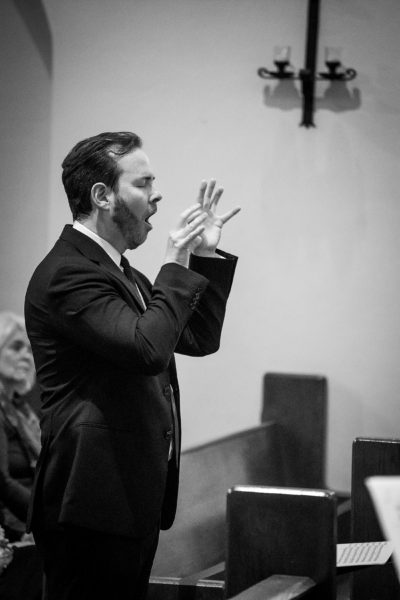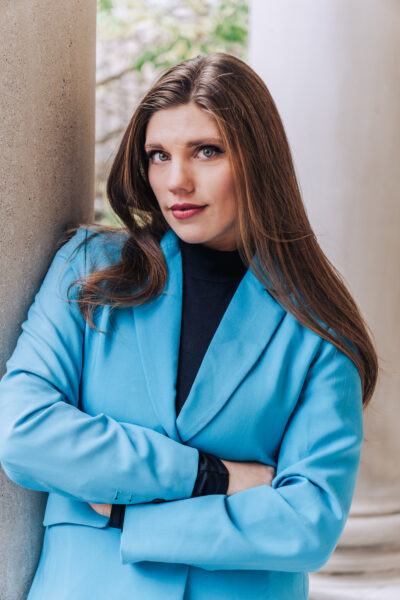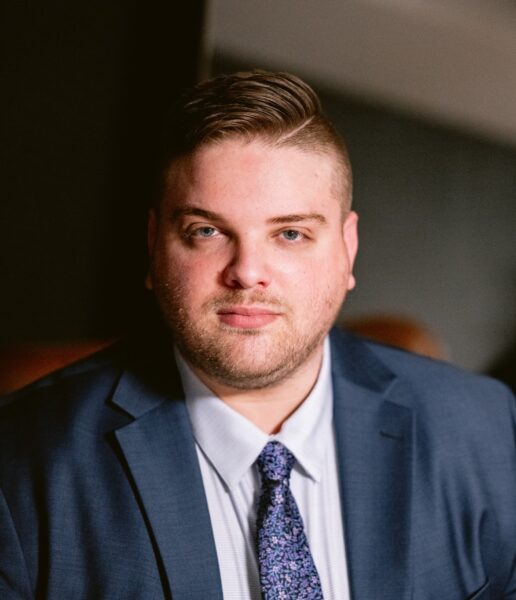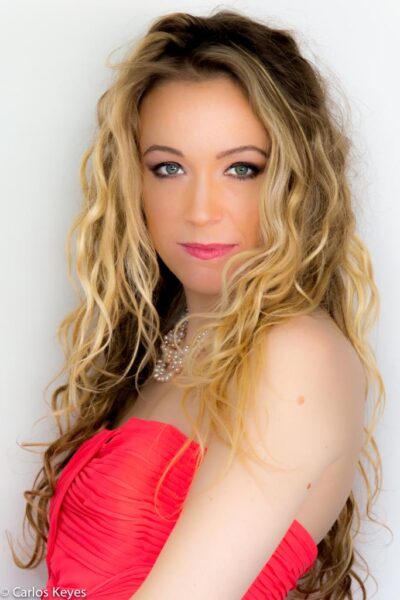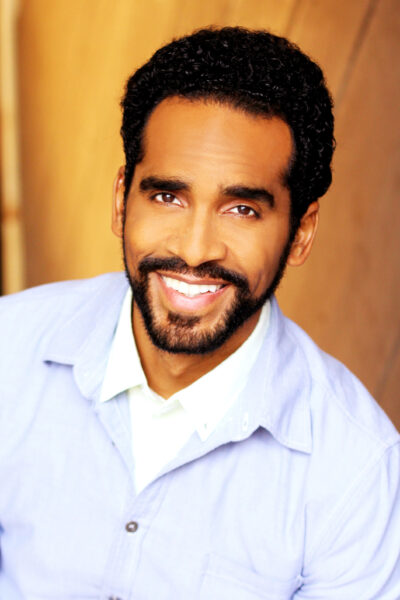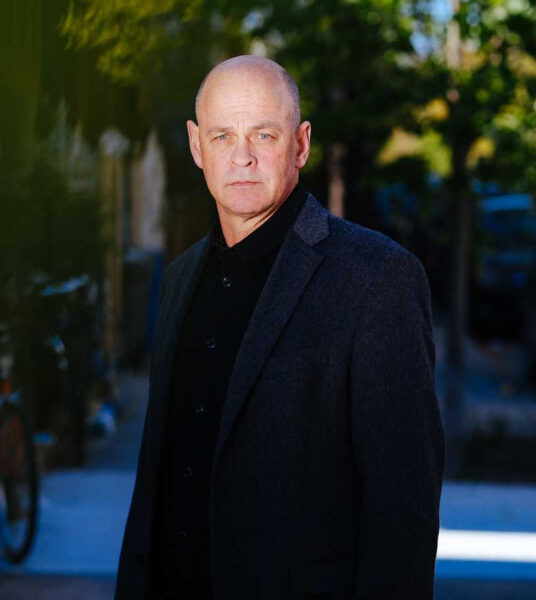A resurgence of early music has seen cities responding with festivals in recent years. Because Johann Sebastian Bach, who defined the late Baroque, figures prominently into any discussion of early music, boards organizing a Bach festival would be wise to put Scott Allen Jarrett on their short list of conductors.
In the case of the Bach Akademie Charlotte, which runs through June 15, Jarrett is also the festival’s artistic director and a co-founder. The Akademie, now in its second season (and with German spelling to honor the composer’s homeland), extends beyond Charlotte to include performances in Chapel Hill and Asheville, N.C.; Jarrett conducts the North Carolina Baroque Orchestra in all three.
As music director of Boston University’s Marsh Chapel and the architect of its hugely popular course, The Bach Experience, Jarrett may possess the oldest institutional knowledge about the composer in an American city that reveres old like no other.
A voracious learner and teacher, Jarrett directs the Handel and Haydn Society and has a diverse range of interests within music. But his relationship with Bach does run deep.
He was born and raised in Lynchburg, Va., the kind of community in which Southern and Baptist and church and home are synonyms.
“Every time the church doors were unlocked, we were there,” Jarrett says.
He started taking piano at 8. “That was the game changer,” he says.
He was 10 when he listened to Brandenburg Concertos on a cassette player and wanted more. He set and erased a series of career goals.
“From the youngest age,” he says, “I thought I wanted to be a teacher. I went to college and earned a music ed degree, and thought I was going to be a high school choir director. And then I got to college and thought, I’d rather be a college choir director. And then I got to grad school and thought I want to be a professional conductor. Every level of the way, you learn about something else that maybe you didn’t know was possible.”
After graduating with a music degree from Furman University in Greenville, S.C., Jarrett earned his master’s and doctoral degrees at Boston University. The music director moved away and he slid in as interim, then was hired for the full-time position he still holds.
“Boston’s an early music town. It’s such an active music scene, avocationally and professionally. It’s been a major early music scene for decades, and it remains so. You’re steeped in a culture and a practice and a method of doing things that over time, really does accumulate.
“Bach was the thing that really connected to my ear. When I applied for Marsh Chapel at the university, my predecessor asked over the phone, ‘Who’s your favorite composer?’ I said, ‘Bach,’ and he said, ‘You’re hired.’
Many musical connections later – as one of only two conductors (with Helmuth Rilling) to have conducted Bach’s St. Matthew Passion at the Oregon Bach Festival; as a former choral director and assistant conductor over 15 years with the Charlotte Symphony; and as the first guest conductor for Seraphic Fire, the Grammy-nominated early music ensemble – Jarrett is delighted to introduce more of the public to Bach, for whom the conductor carves out sacred time each morning.
“I love my study time, especially right now when there is so much music in concentration,” he said by phone the morning the Akademie opened in Charlotte. “My typical routine is to get up quite early at 5 a.m. and have a couple of hours with my coffee and my score. I try to always simply ask why. Why did Bach choose this instrumentation? Why did he choose to add mutes to the strings here, or why did he go to great pains to add a 1/16 rest? Certainly when you compare him to other Baroque composers, Bach makes some amazing choices.”
The Akademie program is meant to be moving, intellectually stimulating and spiritually uplifting, another symbolic hat tip to the composer. It opens with the Magnificat and closes with the St. Matthew Passion, the work he says transformed his life as an adolescent. The music is performed on period instruments, by orchestras conforming in number of musicians and style of play to early concerts.
His theology has evolved since growing up in a fundamentalist church.
“The theological bit is something I’ve struggled with,” Jarrett says. “It’s been a personal journey. There was a right way and a wrong way. Everything was black and white, and I spent plenty of time sort of fighting against that and growing into it. Ultimately, I am not a fundamentalist. The gift is that I am not afraid to talk about what these composers are setting. The lessons are truly universal.”
Jarrett is known for giving pre-concert talks at Marsh Chapel events. As an accomplished pianist and baritone, Jarrett will play and sometimes sing selected passages or bring in guest musicians. It’s part of the investment in community, in the growth of knowledge. Now 44, the arc of his professional and personal life has been defined more by one composer than any other. But who knows, maybe someday the same kind of focus could turn to George Frideric Handel.
“People feel like they know Handel, and what they know is parts of Messiah and maybe Water Music from the radio,” he says. “They miss the remarkable dramatist and the astonishing insights that the composer has for us, both in the operas but especially, for me, in the oratorios. And I think I would like to be an evangelist for that music in our country, because the emotional insights these composers have for us are absolutely extraordinary. And they’re timeless; they connect age to age. There’s an experience of awe and wonder, I think, in a similar way to Beethoven.”
In the meantime, magic abounds in glorious music.
“We’re opening this concert right now with the Magnificat, and each singer’s line is no small matter of wonder,” Jarrett says. “But the aggregate and the community of all of those various lines that come together is what’s so astonishing. In many ways, that’s the emotional underpinning that binds a festival like ours together. We can’t get enough of what’s possible when you aim these individual aspirations on the same focal point. This noble enterprise is really infectious. Especially live, it’s an overwhelming experience.”
